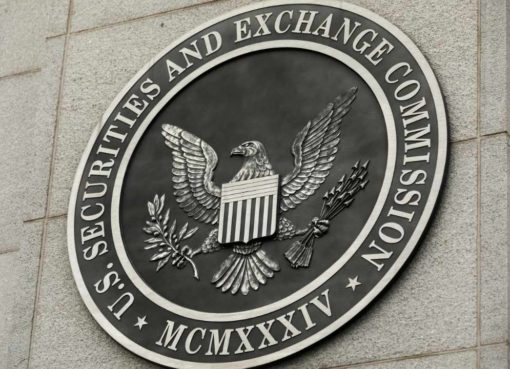Uniswap, the decentralized cryptocurrency exchange, faces hurdles in launching its new crypto wallet app after being rejected by Apple, raising questions about the future of crypto apps and their ability to reach mainstream audiences.
Uniswap, the leading decentralized cryptocurrency exchange, has been making waves in the crypto space lately with its plans to launch a new crypto wallet app.
Apple blocks Uniswap app distribution
The app, which would have allowed users to store, manage, and trade their cryptocurrencies without relying on a centralized exchange, was eagerly anticipated by the crypto community.
However, Uniswap has hit a roadblock in its quest to bring the app to the masses. According to reports, Apple, the tech giant known for its strict App Store guidelines, has rejected the app from its platform.
This is a significant setback for Uniswap, as the App Store is a major distribution channel for mobile apps, and having the app available on the platform would have given it a wider reach and greater visibility.
Uniswap is not giving up, however. The team behind the project is exploring alternative distribution channels and is determined to make the app available to users around the world. This includes exploring options such as launching the app on Android devices or through web-based platforms.
The rejection from Apple highlights the ongoing tension between the traditional tech industry and the decentralized world of cryptocurrency.
While cryptocurrency and blockchain technology has been gaining mainstream acceptance in recent years, many tech companies are still wary of the risks and uncertainties associated with emerging technology.
Despite the setback, Uniswap remains committed to its mission of providing decentralized and accessible financial services to people around the world. The app, which would have allowed users to easily and securely manage their cryptocurrencies, is an important step in achieving that goal.
The rejection from Apple also raises questions about the future of crypto apps and their ability to reach mainstream audiences. As the crypto industry continues to grow and evolve, it is likely that we will see more clashes between traditional tech companies and the decentralized world of cryptocurrency.




